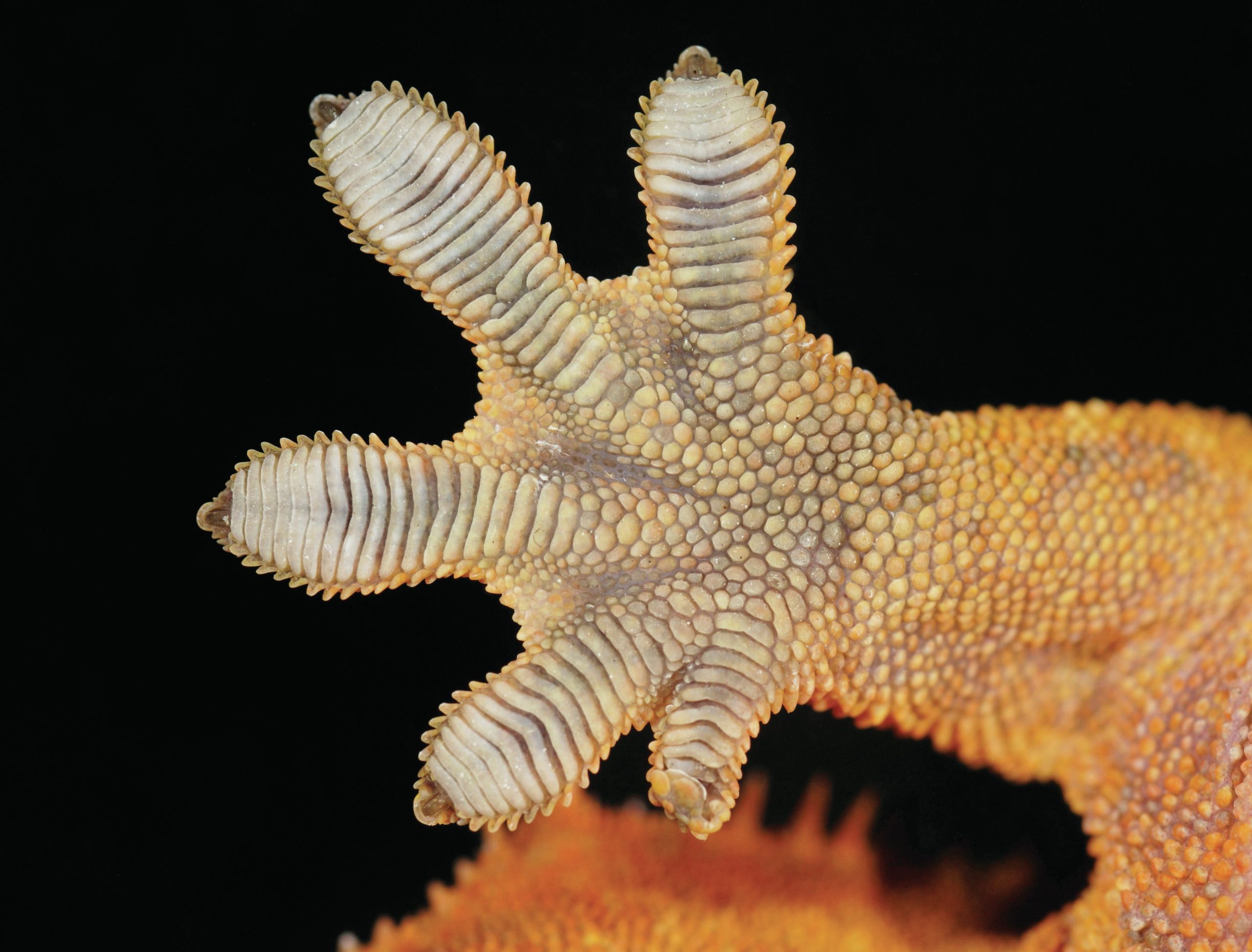
In 1910, Van der Waals received a Nobel prize for a major step forward in the understanding of how fluids (gases and liquids) behave. He realised that forces between molecules cannot be ignored and modified the ideal gas law to give a better description of real gases.
The Nobel prize for physics in 1910 was awarded to the Dutchman Johannes Diderik Van der Waals for his research into the nature of liquids and gases. He was not allowed to take university entrance exams after leaving school as he had no qualifications in Latin or Greek. This forced him to take up his second choice of occupation as a schoolteacher. Fortunately, he was allowed to study at Leyden University part time, which enabled him to gain teaching certificates in mathematics and physics. This led to his appointment as headmaster of a secondary school in The Hague. By this time, new rules allowed science students to sit for university examinations without knowledge of classical languages and he gained entrance to Leyden University. He excelled in physics and obtained his doctor’s degree in 1873 for his thesis ‘On the continuity of the gas and liquid state’.
Your organisation does not have access to this article.
Sign up today to give your students the edge they need to achieve their best grades with subject expertise
Subscribe




